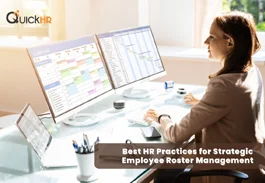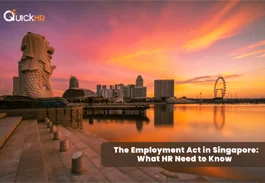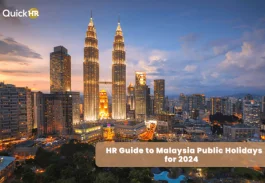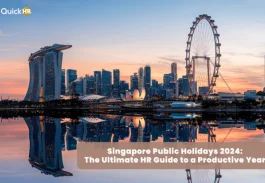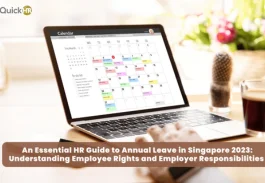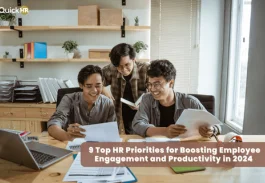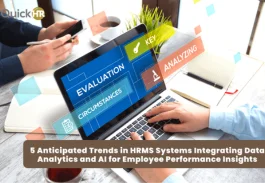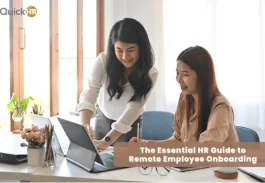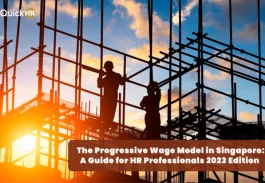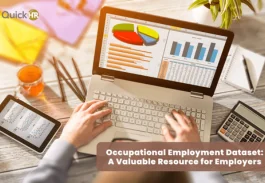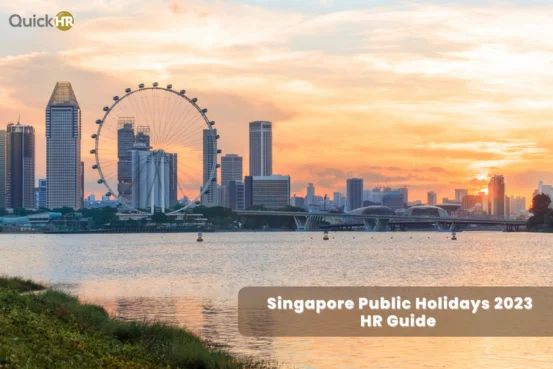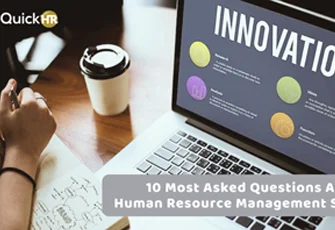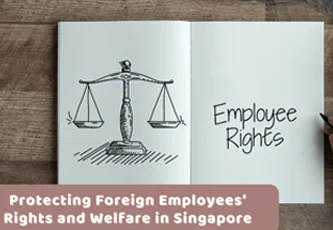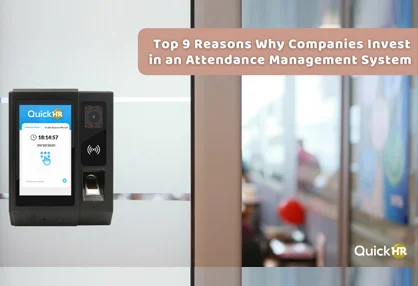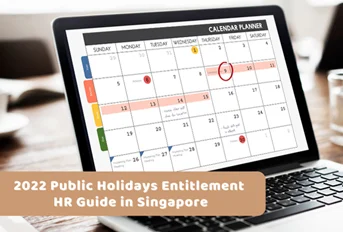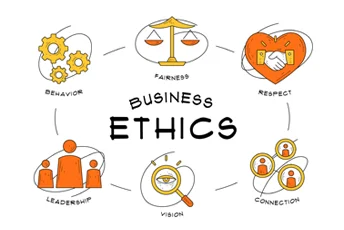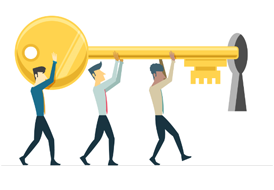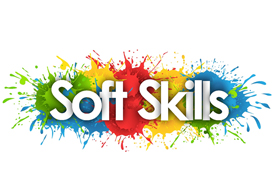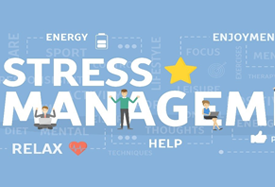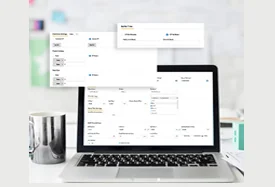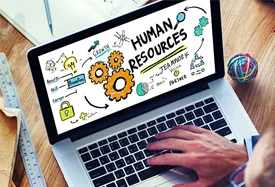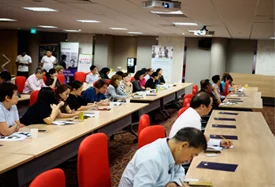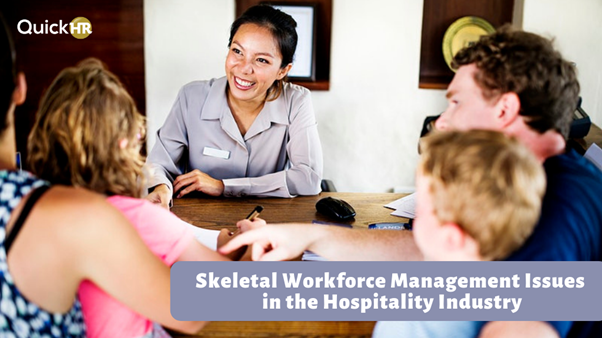
Skeletal Workforce Management Issues in the Hospitality Industry
Posted on 30 September 2021 in Business | Anna Beatrice
HR Issues in Hospitality Industry: Skeletal Workforce Management
The growing impact of the COVID-19 crisis caused a global break in
Image Source: Rawpixel
travel and tourism services, leading to a series of challenging HR issues in the hospitality industry. According to EHL Insights, Singapore has one of the highest numbers of employees working in accommodation services. [1]
The travel industry is slowly returning with international tourists expected to gradually increase as well. However, the state of the workforce remains unstable in the hospitality field. Hotels and restaurants are more likely to permanently pursue leaner and more efficient operations. [2]
With the decline in business operations and revenue caused by the global pandemic, many organisations may need to reduce their workforce. Downsizing employees has affected various aspects of HR processes such as managing work schedules and activities.
To stay relevant despite the unexpected changes, businesses must search for innovative ways to better handle employee management.
Retaining Skilled Talent

Image Source: Unsplash
Reducing workers and retaining a smart and skilled workforce has become the cornerstone of strategies needed to remain competitive while complying with COVID-19 measures
Typical hotel operations require a unique set of expertise in every department. Cross-training can help the employees to learn a variety of new skills allowing them to be flexibly deployed across departments. As employees get exposed to a broader range of experiences, businesses will be able to function with a limited yet capable workforce.
This is also another way for HR in the hospitality industry to prepare for smart decision making in the future. If more layoffs are necessary, valuable employees won’t have to leave just because one aspect of their job was made redundant.
Ensuring Employee Safety
Workplace safety is also one of the most significant workforce management issues, especially in the hospitality industry. The immense exposure within open spaces such as hotels and restaurants causes a heightened health risk among the employees and customers.
To secure the well-being of the staff and visitors against the COVID-19 infection, businesses must implement strict safety protocols like daily temperature checks. In addition, company managers must also be trained on how to lead the teams through adversity.
Some hotels have managed to send in robots to disinfect the areas before the housekeepers enter. Others allow guests to use mobile apps for check-ins, while restaurants have QR codes instead of physical menus. [3]

Image Source: Rawpixel
Maintaining a positive attitude among employees amidst the crisis allows the team to keep up their morale and be ready for a faster recovery when demand rebounds.
Managing Limited Workforce

Image Source: Rawpixel
Once the designated workforce has been decided, the schedules and activities of the employees will be the next challenge.
With the travel bans, border closures, and quarantine measures, many workers might not be able to go to their work locations to carry out their jobs. To address these concerns, human resources in the hospitality industry have started to establish flexible work arrangements.
Many hotels and restaurants have adjusted the work days and hours of the employees and created different sets of shifts. This way, employees will be able to handle the workplace struggles caused by the pandemic. [4]
Using Advanced HRMS Software to Implement Strategic Approaches
An automated and comprehensive HRMS (Human Resource Management System) software can help to effectively execute the mentioned solutions and build a solid and agile workforce.
QuickHR, a fully integrated cloud-based platform, helps gather, select, and manage high-performing employees to form a limited yet strong workforce amidst the pandemic. The all-inclusive software offers multiple modules to help businesses make smarter HR decisions for the current and future needs of the company.
These include the versatile scheduling and shifts module to easily manage and reorganise work schedules of the skeletal workforce within various departments. HR professionals can instantly
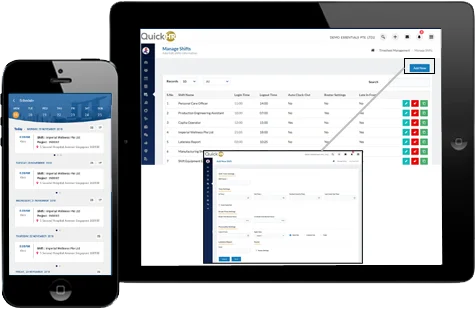
modify the setting of the schedules based on the number of workers. They can also filter the timetables via employment type, department, designation, or identification.
QuickHR’s holistic learning management system provides internal and external eLearning courses for the employees to gain a broad set of skills. It also comes with built-in analytics to highlight competent workers and alert HR to any areas of concern, thereby creating an ever-learning workforce.
Lastly, the multifunctional performance appraisal system helps identify both the core staff and weaker team players for better distribution of tasks.
How QuickHR Helped The Businesses In The Hospitality Field
QuickHR has served over 2,000 clients in various industries, including the hospitality field. Through our full-spectrum HR software, Millennium & Copthorne Hotels, a global hotel brand, was able to experience simplified and streamlined staff scheduling processes.
With multiple hotel accommodations across the world, the company has struggled to manage the workflow and adapt to the new normal setting.
With QuickHR’s full-featured attendance automation system, HR professionals can monitor shortfalls and plan for relief staff. They were also able to create and customise rosters to keep track of employees' schedules all in one place.
Our system's timesheets auto-sync with all other HR modules in QuickHR that inform staffing needs, wage calculations, and invoice generation. The on-demand availability of information allows quick management decisions for the company. This way, the operations departments can effectively work together, despite any given circumstances.
Using an innovative HRMS to promote connectivity and collaboration has helped many hospitality companies optimise business performance and adapt to the transformations brought by the pandemic.
Once again, we hope that you’ve enjoyed a good read. And remember, Think Now, Think Far, Think QuickHR.
* Get in touch with us at https://quickhr.co/ to find out more about our state-of-the-art HRMS solution!
Sources
- [1] https://hospitalityinsights.ehl.edu/hoteliers-human-resources-strategies
- [2] https://hospitalityinsights.ehl.edu/covid-19-impact-hospitality-workforce
- [3] https://www.shrm.org/hr-today/news/hr-magazine/winter2020/pages/top-hr-challenges-in-the-hospitality-industry.aspx
- [4] https://workforce.com/news/the-most-pressing-workforce-management-issues-of-2020
Enjoying this article? Subscribe now and never miss out on future content.

